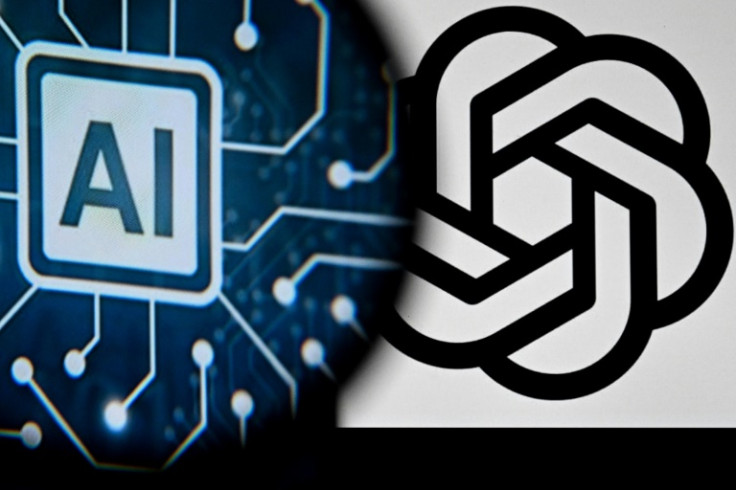UK Announces New £12 million AI Hub For Chemistry Research
£100 million has also been awarded to biotech projects to help pioneer new technologies to prepare for pandemics, innovate farming and protect against floods.

The UK has announced a new £12 million research hub to develop artificial intelligence (AI) for chemistry.
Dubbed 'AIChemy', the AI in Chemistry Hub is one of nine supported through an £80 million investment from the UK Research and Innovation's Engineering and Physical Sciences Research Council.
The investment comes as Science and Technology Secretary Michelle Donelan set out the importance of the UK's mission to be a science and technology superpower.
"Long-term growth is the only way we will deliver the public services and improvements in living standards that every Briton wants for themselves and their families," she said.
"But as history shows, it is technological and scientific advances that are the true engine room of growth, and despite our existing strengths in these sectors, we cannot afford to pat ourselves on our back and take our eye off the ball."
With this in mind, the new UK-wide consortium aims to connect internationally recognised AI researchers and those focused on the interface of AI for chemistry from those two universities and eight others, as well as more than 15 industry partners.
"This is the UK's first academic–industrial institute of its kind dedicated to supporting collaboration between chemistry and AI researchers," explained Andy Cooper from the University of Liverpool's chemistry department, who is co-leading this new hub.
"There is huge scope for chemistry researchers to work more effectively with AI researchers and this new hub will bring together two separate disciplines to build a new cohesive UK research community," added the scientist.
Imperial College London computational chemist Kim Jelfs, the new cross-disciplinary research hub's other co-lead, suggested that AI has the potential to transform chemistry and stated that this consortium aims to ensure that the UK is at the forefront of the AI chemistry revolution.
"We are at the start of a revolution in all technology areas, driven and enabled by advances in AI," added materials scientist Mary Ryan, Imperial's vice-provost for research and enterprise.
"To take advantage of this for the UK chemistry sector requires deep collaboration between fields and the development and deployment of new tools for discovery and translation."
£100 million has also been awarded to biotech projects across the UK to help pioneer new technologies that will help prepare for pandemics, innovate farming and protect against floods.
The cash will be given to six new 'Engineering Biology Mission Hubs' and 22 'Mission Award' projects across the country, that will look to build on Engineering Biology's enormous potential to address global challenges, drive economic growth, and increase national resilience.
"Cementing the UK as a Science and Technology superpower by 2030 is more than a slogan. It is a goal we must reach if we want to grow our economy, continue creating well-paid jobs and build a better, healthier, more prosperous future for the UK," said Donelan, who was speaking during a visit to the UK Biobank in Stockport earlier this week.
The rapid development of AI over the past 18 months has already led to groundbreaking advances in scientific and medical applications.
For example, in a massive leap forward for cancer research, scientists at the University of California San Diego School of Medicine Harnessed the power of machine learning to confront one of the most daunting challenges in the field — predicting resistance to chemotherapy.
The groundbreaking study, unveiled on January 18, 2024, in the esteemed journal Cancer Discovery, introduces a sophisticated algorithm capable of deciphering the intricate interplay of genetic mutations within tumours, revolutionising our ability to anticipate how cancer will respond to treatment.
AI tools like ChatGPT can also help in speeding up radiology workflows, according to a new study published in the American Journal of Roentgenology.
In new research presented at the Radiological Society of North America's annual meeting, scientists reported on a deep learning type of AI to examine MRI scans of teenagers with and without ADHD.
In a recent report, the World Health Organisation acknowledged generative AI could transform healthcare through things like drug development and quicker diagnosis, but warned of the potential pitfalls in rushing to embrace AI.
© Copyright IBTimes 2025. All rights reserved.






















